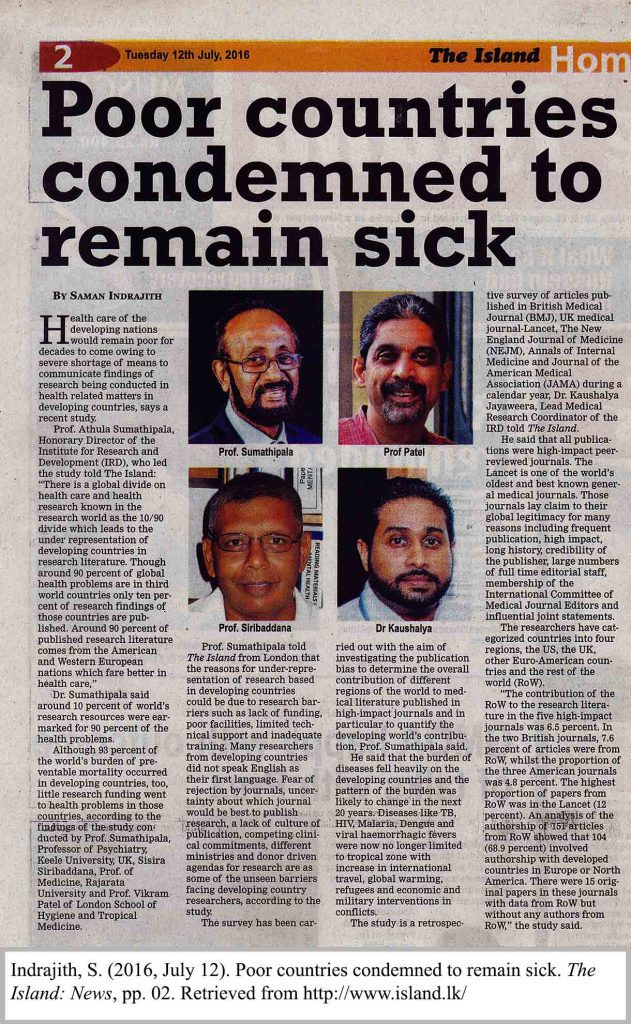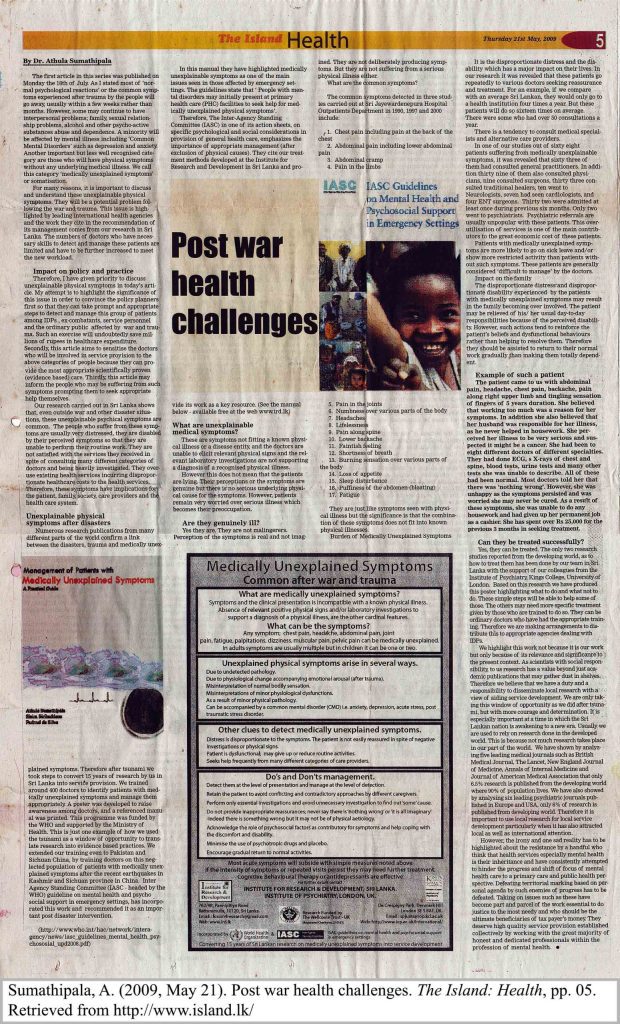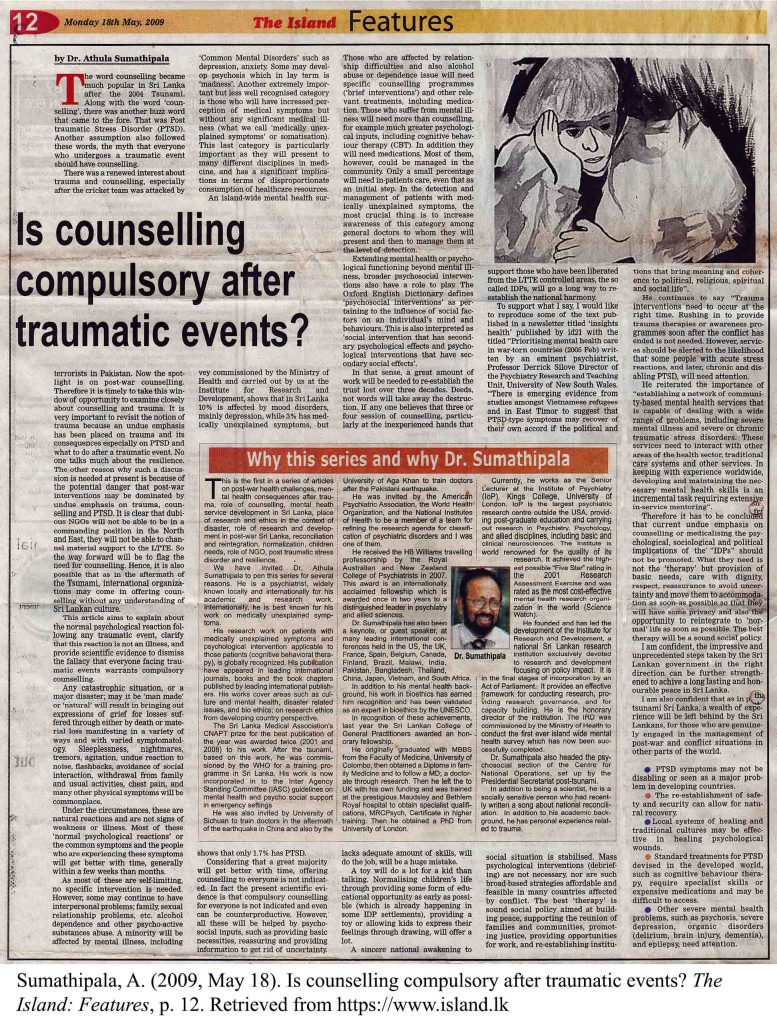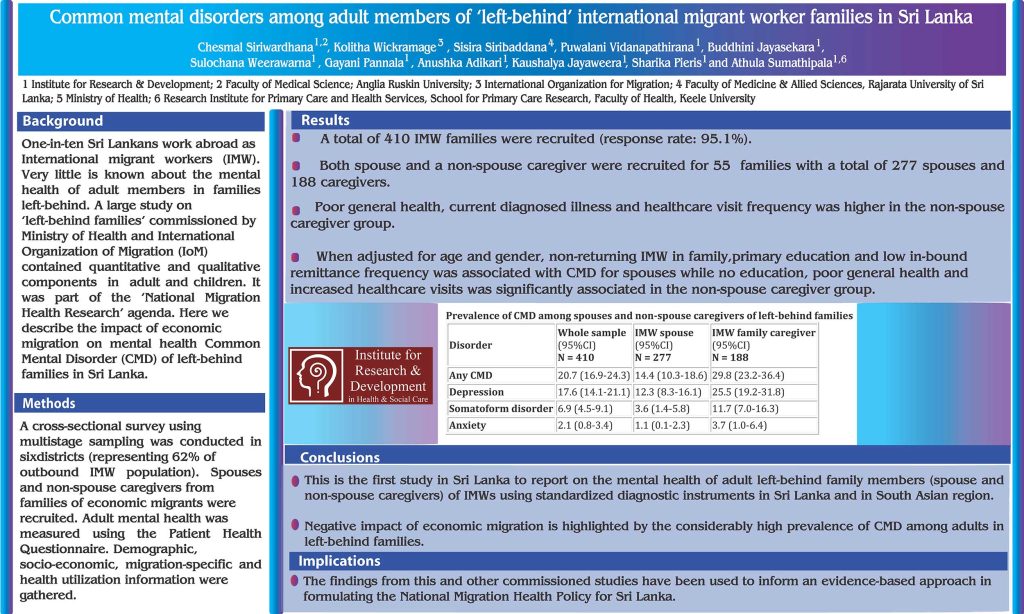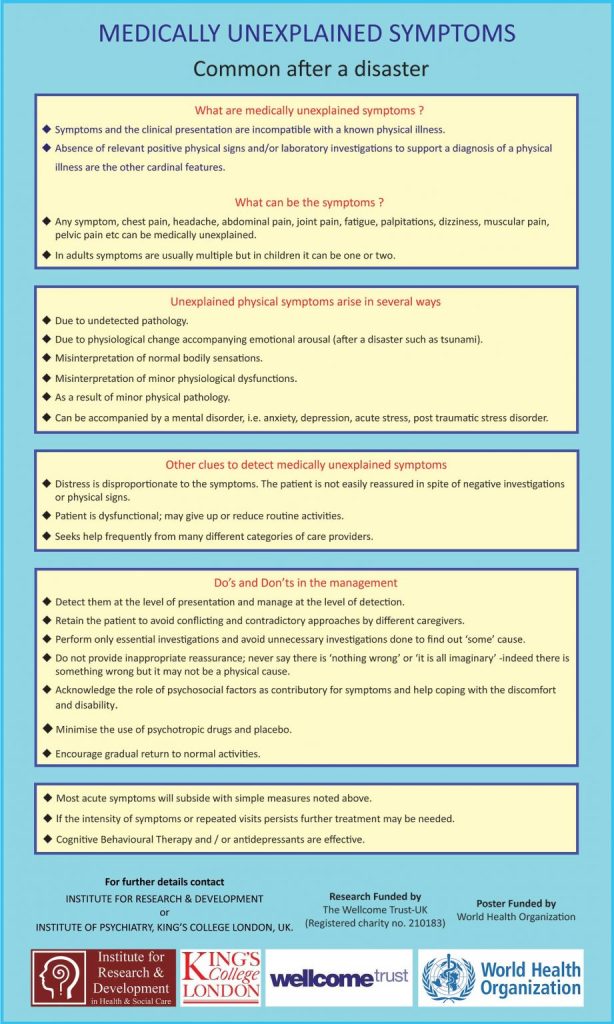Introduction
Research evidence plays a crucial role in shaping policy decisions. It provides policymakers with the necessary information to make informed choices about how to address social, economic, and environmental challenges. By understanding the causes and consequences of different issues, policymakers can develop effective and evidence-based policies that improve people’s lives.
How Research Evidence Influences Policymaking
Research evidence influences policymaking in a number of ways. Here are some of the most important:
- Identifying problems and priorities: Research can help to identify the most pressing problems facing society and provide insights into their causes and potential solutions. This information can help policymakers to prioritize their efforts and focus on the issues that have the greatest impact on people’s lives.
- Developing evidence-based policies: Research can provide the evidence needed to develop effective and sustainable policies. By understanding the underlying causes of problems, policymakers can design policies that are targeted and have a high likelihood of success.
- Evaluating policy effectiveness: Research can be used to evaluate the effectiveness of existing policies and identify areas for improvement. This feedback loop is essential for ensuring that policies are delivering the desired outcomes and not wasting valuable resources.
Challenges of Using Research Evidence in Policymaking
Despite its importance, there are a number of challenges associated with using research evidence in policymaking. Some of these challenges include:
- The complexity of social issues: Social issues are often complex and multifaceted, making it difficult to isolate the effects of specific policies.
- The time lag between research and policy: It can take time for research findings to be translated into policy changes, as policymakers need to consider a variety of factors in addition to research evidence.
- The lack of political will: Policymakers may be reluctant to adopt policies that are not politically popular, even if they are supported by research evidence.
Overcoming Challenges and Maximizing the Impact of Research
To overcome these challenges and maximize the impact of research on policymaking, it is important to:
- Conduct high-quality research: Research should be rigorous, well-designed, and relevant to policy issues.
- Communicate research findings effectively: Research findings should be communicated in a clear, concise, and accessible way to policymakers and the public.
- Build relationships between researchers and policymakers: Researchers and policymakers should work together to ensure that research findings are considered in the policymaking process.
- Advocate for evidence-based policymaking: Researchers and advocates should raise awareness of the importance of research evidence in policymaking and encourage policymakers to adopt evidence-based approaches.




















